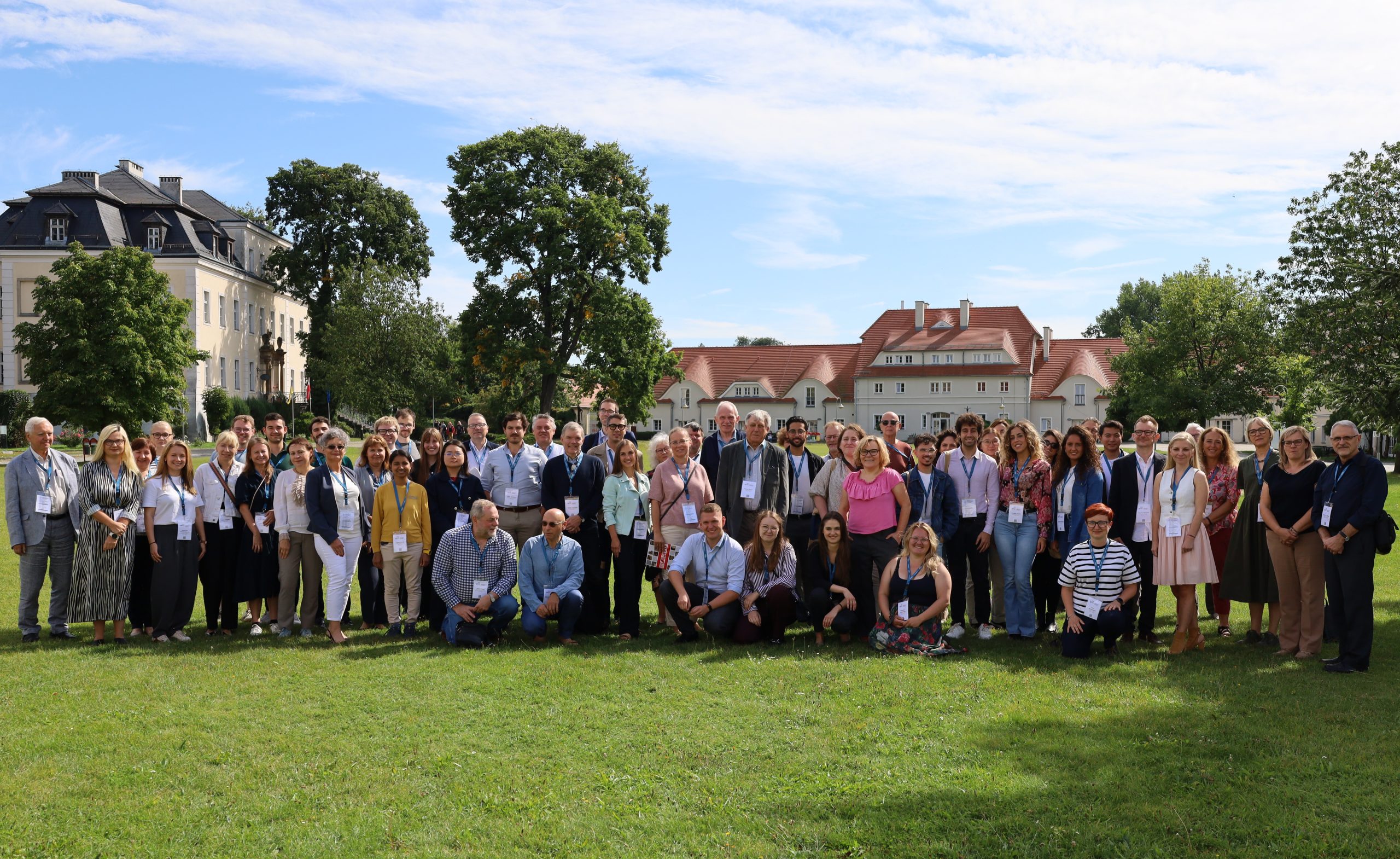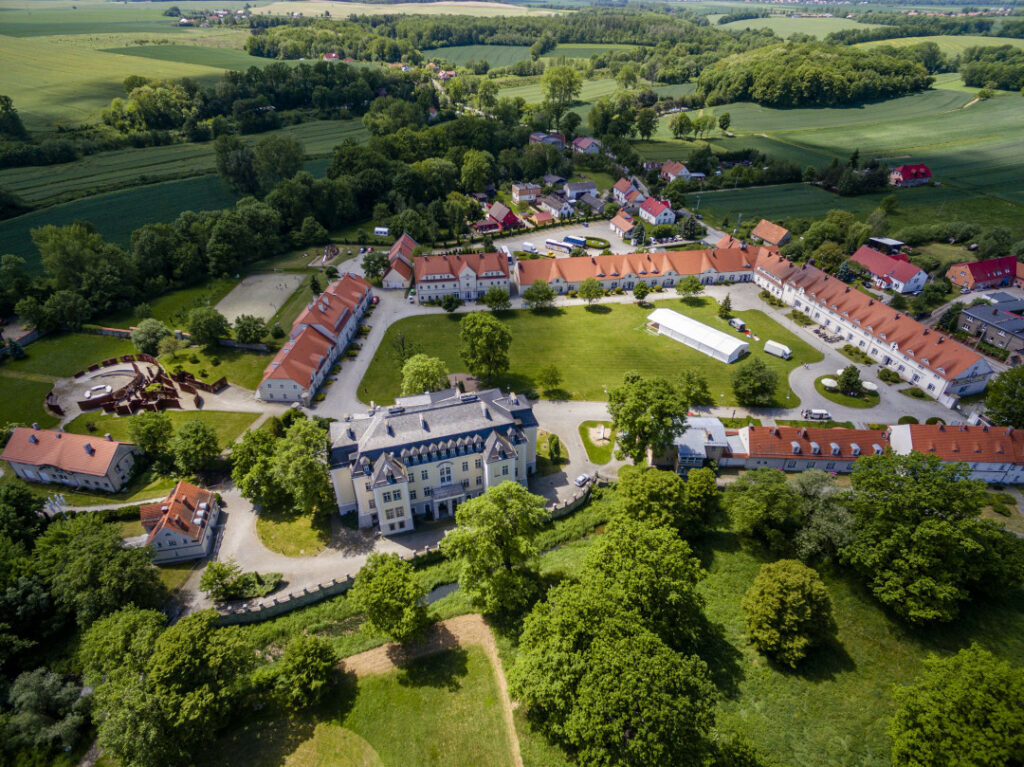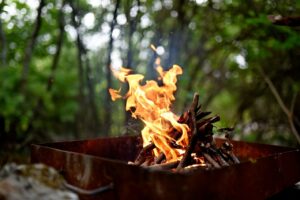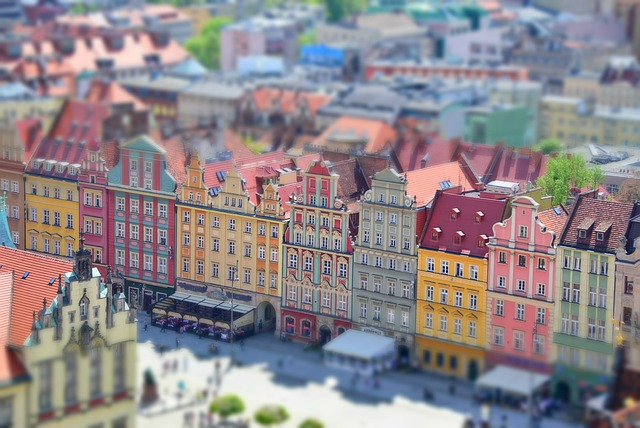10th Biennial Meeting
on Microbial Carbohydrates
September 9-12, 2025, Krzyżowa, Poland
Important Notice
The 11th BMMC conference will be held in Spain. We are grateful to prof. Sonsoles Martin-Santamaria for joining our community as the Organizer of the next edition. We look forward to meeting you again in 2027.Updated
Contact & News on the 10th BMMC website will be maintained until the opening of the website of the next edition of BMMC.
The final program and the Book of Abstracts have been released. Please note some last minute changes.
Thank you to all Participants!
We, the Organizing Committee, want to express our gratitude for your participation in the 10th Biennial Meeting on Microbial Carbohydrates, organized by the Hirszfeld Institute of Immunology and Experimental Therapy in Wrocław, held on location at Krzyżowa Palace, Poland. It has been an honor to host you. Your presence ensured the success of this meeting. Thank you.
Special Issue of Carbohydrate Polymers
The Organizers are proud to announce that a Special Issue of Carbohydrate Polymers (latest IF 10.7 from JCR) will be dedicated to 10th BMMC 2025. Participants are welcome to contribute to this Special Issue, both Regular and Review articles will be accepted.
The Biennial Meeting on Microbial Carbohydrates in a nutshell
The 10th Biennial Meeting on Microbial Carbohydrates (BMMC) conference continues the long-standing tradition of regular meetings of the international scientific community interested in the microbial glycans in terms of chemical analysis of their structures, synthesis and biosynthesis, carbohydrate biochemistry, intermolecular interactions and biological activity.
The lectures and communications presented cover a wide range of microorganisms, including bacteria, viruses, parasites, archaeons and microalgae. Major topics dealt with include important healthcare issues such as infectious diseases and vaccination. The overall message is complemented by reports on the latest analytical methods, bioinformatics and databases that provide indispensable support for glycan research. The conference dates back to 1988. It has evolved from the early Baltic Meeting, and its reach has since expanded geographically far beyond the first three countries involved.
The Scientific Committee comprises distinguished researchers in the glycobiology community, the research teams’ leaders from Austria, Germany, Finland, Ireland, Italy, and Poland, representing the wide gamut of subjects in the carbohydrate chemistry and glycobiology. The conference aims to integrate research teams and to encourage the participation of PhD students and researchers from all over the world. Frequently, the conference engagement and presentations have resulted in successful collaborations, post-doctoral positions or joint projects and publications. After 20 years, the Ludwik Hirszfeld Institute of Immunology and Experimental Therapy in Wrocław has the privilege to be once again the organizer of the conference.
Keynote Speakers
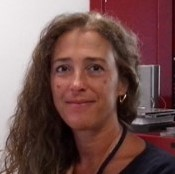
Cristina De Castro
Professor at the Department of Chemical Sciences, University of Napoli Federico II,
Complesso Universitario Monte Santangelo, Napoli, Italy
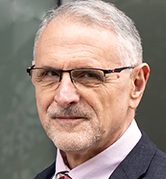
Miguel A. Valvano
Professor of Microbiology & Infectious Diseases at the Wellcome-Wolfson Institute for Experimental Medicine, Queen’s University Belfast, United Kingdom
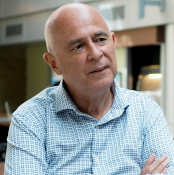
Chris Whitfield
Professor at the Department of Molecular and Cellular Biology, University of Guelph, Guelph, Canada
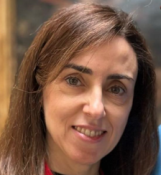
Sonsoles Martin-Santamaria
Scientific Researcher at the Department of Cellular and Molecular Biosciences, Center for Biological Research CIB-CSIC, Madrid, Spain
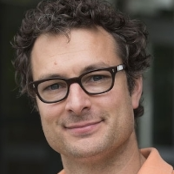
Jeroen Codee
Professor of Organic Chemistry
at the Leiden University, The Netherlands
Daily Program
Tuesday, Sep 9, 2025
| Time | Event | |
|---|---|---|
| 13:00 – 14:00 | Transfer of Attendees & Guests from Wrocław to Krzyżowa – the Conference Venue | |
| 14:00 – 19:00 | Registration & Accommodation | |
| 19:00 | Get-together Dinner |
Wednesday, Sep 10, 2025
| Time | Event | |
|---|---|---|
| 07:30 – 8:45 | Breakfast | |
| 09:00 – 09:10 | Welcome – Opening of the BMMC2025 | |
Session IChairman: Zbigniew Kaczyński |
||
| 09:10 – 09:55 | Invited Speaker: Chris Whitfield vanishing act – the enigmatic salmonella t1 antigen t1 antigen |
|
| 09:55 – 10:15 | O1 Timm Fiebig novel insights into priming and polymerizing gram-negative group 2 capsular polysaccharides |
|
| 10:15 – 10:35 | O2 Andrea Iovine structural elucidation of the capsular polysaccharide from Lactiplantibacillus plantarum |
|
| 10:35 – 10:55 | O3 Raffaele D’Amico from antarctic seas to biotechnological frontiers: investigating the structural and functional properties of Psychrobacter sp. tae2020 capsular polysaccharide |
|
| 10:55 – 11:25 | Coffee Break | |
| 11:25 – 11:45 | O4 Carolina Fontana structure and biosynthetic aspects of the o-antigen polysaccharides of two E. coli strains related to variants of o99 and o20 genotypes |
|
| 11:45 – 12:05 | O5 Wiesław Kaca into the understanding of the molecular mechanisms of polymyxin b resistance in proteus mirabilis |
|
| 12:05 – 12:25 | O6 Agata Palusiak structure of the o-antigen of the klebsiella oxytoca 0.067 lps and its contribution to serological cross-reactions |
|
Flash Communications I
|
||
| 12:25 – 12:40 | ||
| F1 Tim A. Mast the molecular mechanism of bcs3, the capsule polymerase from Haemophilus influenzae serotype b |
||
| F2 Małgorzata Marczak multilayer control of glycosyltransferases by c-di-gmp and tyrosine phosphorylation shapes exopolysaccharide output in rhizobium leguminosarum bv. trifolii |
||
| F3 Marco D. Albers transition transferases prime group 2 capsular polysaccharide biosynthesis in gram-negative bacteria |
||
| 13:00 -14:00 | Lunch & Coffee | |
Session IIChairman: Miguel A. Valvano |
||
| 14:15 – 15:00 | Invited Speaker: Sonsoles Martin-Santamaria molecular mechanisms of the innate immunity receptors: from lps to glycolipids and small molecules |
|
| 15:00 – 15:20 | O9 Katarzyna Zamłyńska studies on lipids a from brucella citisi and brucella lupini a nodule forming bacteria isolated from cytisus scoparius and lupinus albus, respectively |
|
| 15:20 – 15:40 | O10 Angela Marseglia structural and conformational insights into bacterial lectin recognition of host receptors |
|
| 15:45 – 16:15 | Coffee Break | |
| 16:15 – 16:35 | O11 Ferran Nieto-Fabregat catalytic insights into kp34gp57, a phage-derived depolymerase targeting Klebsiella k63 capsular polysaccharides |
|
| 16:35 – 16:55 | O12 Antonella Aquilone bioinformatic identification and modeling of chlorovirus pbcv-1 multidomain protein a111/114r |
|
Flash Communications II
|
||
| 16:55 – 17:10 | ||
| F4 Iwona Komaniecka structural characterization of a water-insoluble polysaccharide from pleurotus citrinopileatus and prebiotic potential of its acidic hydrolysate |
||
| F5 Sabina Koj Plesiomonas shigelloides o68 lipopolysaccharide. expanding the array of P. shigelloides strains with unusual hydrophobic properties of the o-antigens |
||
| F6 Jakub Smoliński the mycobacterium bovis bcg substrain pasteur cell contains a diverse array of lipids |
||
| 17:10 – 19:00 | Free time | |
| 17:30 – 18:30 | Guided tour of the Krzyżowa Center Optional | |
| 19:00 | Outdoor Barbecue & Bonfire |
Thursday, Sep 11, 2025
| Time | Event | |
|---|---|---|
| 07:30 – 08:45 | Breakfast | |
Session IIIChairman: Stefan Oscarson |
||
| 09:00 – 09:45 | Invited Speaker: Jeroen D. C. Codée of sugars and phosphates: synthesis and application of bacterial glycans and mimetics |
|
| 09:45 – 10:05 | O13 Gustav Nestor isotopically labelled carbohydrates for NMR studies of protein-carbohydrate interactions |
|
| 10:05 – 10:25 | O14 Marie-Claire Jiang synthesis of trisacharide repeating units of Campylobacter jejuni hs:23/36 |
|
| 10:25 – 10:45 | O15 Ornella Serpino structural biology approaches for the characterization of shigella o-antigen specific monoclonal antibodies |
|
| 10:45 – 11:05 | O16 Tomasz Niedziela chemotyping of bacterial glycans using NMR spectroscopy. High-Resolution Magic Angle Spinning NMR in the analysis of o-antigens |
|
| 11:05 – 11:35 | Coffee Break | |
| 11:35 – 11:55 | O17 Marta Kaszowska structural diversity among Aeromonas salmonicida O-polysaccharides isolated from fish as an epidemiologic tool |
|
| 11:55 – 12:15 | O18 Katarzyna Pacyga-Prus impact of dephosphorylation on the structure and function of b.pat polysaccharide isolated from Bifidobacterium animalis ssp. animalis ccdm 218 |
|
Flash Communications III
|
||
| 12:15 – 12:40 | F7 Tapasi Mannaa synthesis of immunoreactive phosphocholine modified parasitic glycan epitopes |
|
| F8 Immacolata Speciale chlorovirus glycosyltransferases used for the chemoenzymatic synthesis of a new class of biosurfactants |
||
| F9 Antonio Lembo analysis of the kdo biosynthetic cluster in crov |
||
| F10 Anna Turska-Szewczuk structure and gene cluster organization of closely related o-antigens of Aeromonas sp. classified to the new provisional serogroup prevailing in polish aquaculture |
||
| FC11 Lourriel Macale nmr studies reveal distinct glycosylation patterns of major capsid proteins of three chrloroviruses, fr483, mt325 and pbcv-1 |
||
| 13:00 -14:00 | Lunch & Coffee | |
Session IVChairman: Tomasz Niedziela |
||
| 14:00 – 14:45 | Invited Speaker: Miguel A. Valvano lipid A modification by 4-l-aminoarabinose in opportunistic bacteria: a balancing act between bacterial survival and antibiotic heteroresistance |
|
| 14:45 – 15:05 | O19 Jacek Rybka how salmonella enteritidis evades the innate immunity mechanisms using the length of lipopolysaccharide molecules |
|
| 15:05 – 15:25 | O20 Anna Chudzik chemical characteristics of glycolipids present in C. acnes cells and secreted extracellular vesicles |
|
| 15:25 – 15:45 | O21 Cedric Battaglino dissecting the role of bacterial outer membrane vesicle (omv) – dependent complement activation in systemic inflammatory response syndrome (sirs) |
|
| 15:45 – 16:15 | Coffee Break | |
| 16:15 – 16:35 | O22 Sabina Górska bubble trouble: how bacterial extracellular vesicles keep allergies at bay? |
|
| 16:35 – 16:55 | O23 Paolo Costa adopting a glycoengineering strategy to improve the therapeutical potential of extracellular vesicles from yeast |
|
Flash Communications IV
|
||
| 16:55 – 17:10 | F12 Andrej Sinica exopolysaccharides produced by limosilactobacillus fermentum mm1v: physical properties and effects on gut probiotic strains adherence |
|
| F13 Katarzyna Durlik-Popińska bacterial glycans in autoimmunity. anti-lps Proteus mirabilis s1959 (o3) antibodies from ra patients target collagen and host fibroblasts |
||
| F14 Agnieszka Kowalczyk reinstating the o10 antigen to the serological classification scheme for Klebsiella pneumoniae |
||
| 17:10 – 18:15 | Poster Session & Coffee | |
| 18:15 – 19:00 | Free time | |
| 19:00 | Gala Dinner & Dance |
Friday, Sep 12, 2025
| Time | Event | |
|---|---|---|
| 07:30 – 08:45 | Breakfast | |
Session VChairman: Adam Choma |
||
| 08:45 – 09:30 | Invited Speaker: Cristina De Castro glycosylation in giant viruses |
|
| 09:30 – 09:50 | O24 Stefanie Barbirz a sweet key to bacteriophage infection: phage-glycan interactions at gram-negative envelopes and in biofilms |
|
| 09:50 – 10:10 | O25 Mikael Skurnik identification of receptor binding proteins of yersinia phage φr1-37 and enterocoliticin that use the same bacterial surface receptor |
|
| 10:10 – 10:30 | O26 Łukasz F. Sobala comparative glycomics reveals changes in n-glycome patterns in multicellularity and early animal evolution |
|
| 10:30 – 10:50 | O27 Dandan Yu structural analysis of the glycan produced by the mutant in the gene vng1058h of hbt. salinarum |
|
| 10:50 – 11:00 | Closing of the BMMC2025 | |
| 11:00 – 12:00 | Lunch & Coffee | |
| 12:15 – 12:30 | Transfer of attendees & guests from Krzyżowa back to Wrocław |
Types of Contribution
Invited Speaker: 45 minutes (including 5 minutes for Q&A)
Oral Communication (O): 20 minutes (including 5 minutes for Q&A)
Flash Communication (FC): a short presentation (4 minutes, 3 slides max., no Q&A) of poster data
(questions to be saved for the poster session)
BMMC 2025 Venue and Attractions
The International Conference Center
& Krzyżowa Village
The 10th BMMC will be held in Krzyżowa, a small village in the region of Lower Silesia, about 60 km to the south-west of Wrocław, near the town of Świdnica.
The conference venue follows the long-standing tradition of integrating chemists, glycobiologists and microbiologists away from the big cities. It combines a conference center with a hotel base. The horizon is overlooked by the massif of the Sowie Mountains and the mysterious Ślęża Mountain, as well as by farmland around Wrocław and the surrounding area.
Social Activities
Wednesday, Sep 10: An evening meal will be served during an outdoor barbecue & bonfires.
Thursday, Sep 11: An evening Reception & Gala dinner in the Restaurant ‘U Hrabiego’ followed by a dance party.
All participants are invited at no additional cost.
The City of Wrocław
We highly recommend a city tour of the old town and the riverside of Wrocław.
Meet the team
Hirszfeld Institute of Immunology & Experimental Therapy
Hirszfeld Institute of Immunology and Experimental Therapy of the Polish Academy of Sciences in Wrocław is a leading research center in immunology, experimental oncology, microbiology, immunochemistry, glycobiology and medicine – with a focus on diseases of civilization, new drugs and vaccines, as well as transplantology & regenerative medicine. The Hirszfeld Institute comprises 23 laboratories that cooperate closely with other integral entities: Medical Center which includes the Phage Therapy Center and the Laboratory of Tissue Immunology, the Polish Collection of Microorganisms, the Eukaryotic Cell Line Collection, and the NeoLek, the Innovative Medical Technologies Laboratory. The research activities are supported by the local Animal Facility, and Core Laboratories (i.a. NMR spectroscopy, mass spectroscopy, cytometry, TEM/SEM microscopy). In 2023 the Hirszfeld Institute was classified at the top category in medicine (A+) and in biology (A) among Polish academic institutions. It was ranked 5th among all Polish research institutes and universities according to the Scimago Institutions Rankings.
The institute was established in 1952 by the Polish Academy of Sciences. Professor Ludwik Hirszfeld, a famous Polish immunologist and microbiologist, was the founding father and the first director.
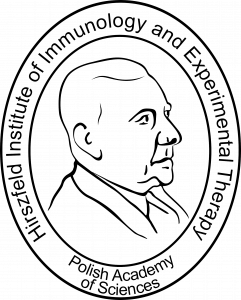
Local Organizing Committee
Andrzej Gamian – Chair, Jolanta Łukasiewicz -Co-chair, Marta Kaszowska, Tomasz Niedziela, Anna Maciejewska, Wojciech Jachymek, Mariola Paściak, Sabina Górska, Daria Artyszuk, Sabina Koj & Karolina Ucieklak
Laboratory of Microbial Immunochemistry & Vaccines, Laboratory of Medical Microbiology, Laboratory of Microbiome Immunology, Hirszfeld Institute of Immunology & Experimental Therapy, Polish Academy of Sciences
International Scientific Committee
Katarzyna Duda (Germany), Cristina De Castro (Italy), Andrzej Gamian (Poland), Jolanta Łukasiewicz (Poland), Zbigniew Kaczyński (Poland), Stefan Oscarson (Ireland), Mikael Skurnik (Finland), Alla Zamyatina (Austria), Otto Holst, Honorary President of 10th BMMC (Germany)
Partner
Featured Sponsors
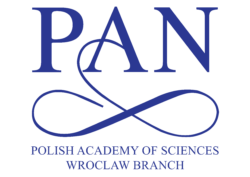
“The BMMC2025 meeting was financially supported by Polish Academy of Sciences.”

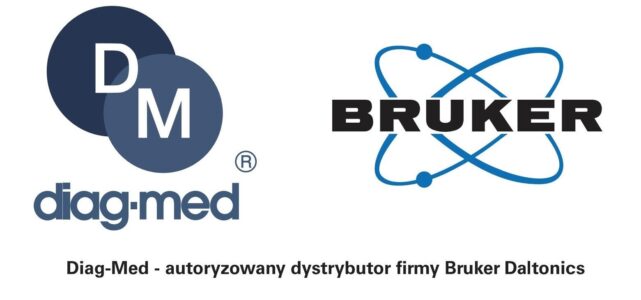
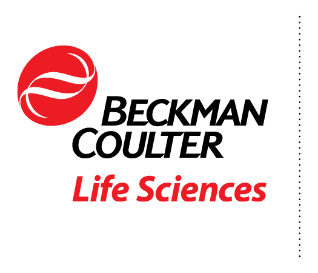
Official Organizer
Hirszfeld Institute of Immunology & Experimental Therapy
Polish Academy of Sciences
ul. Rudolfa Weigla 12
PL-53-114 Wrocław
Contact us on all issues regarding BMMC2025
bmmc2025@hirszfeld.pl
(+48) 71 337 11 72 or (+48) 71 370 99 27

